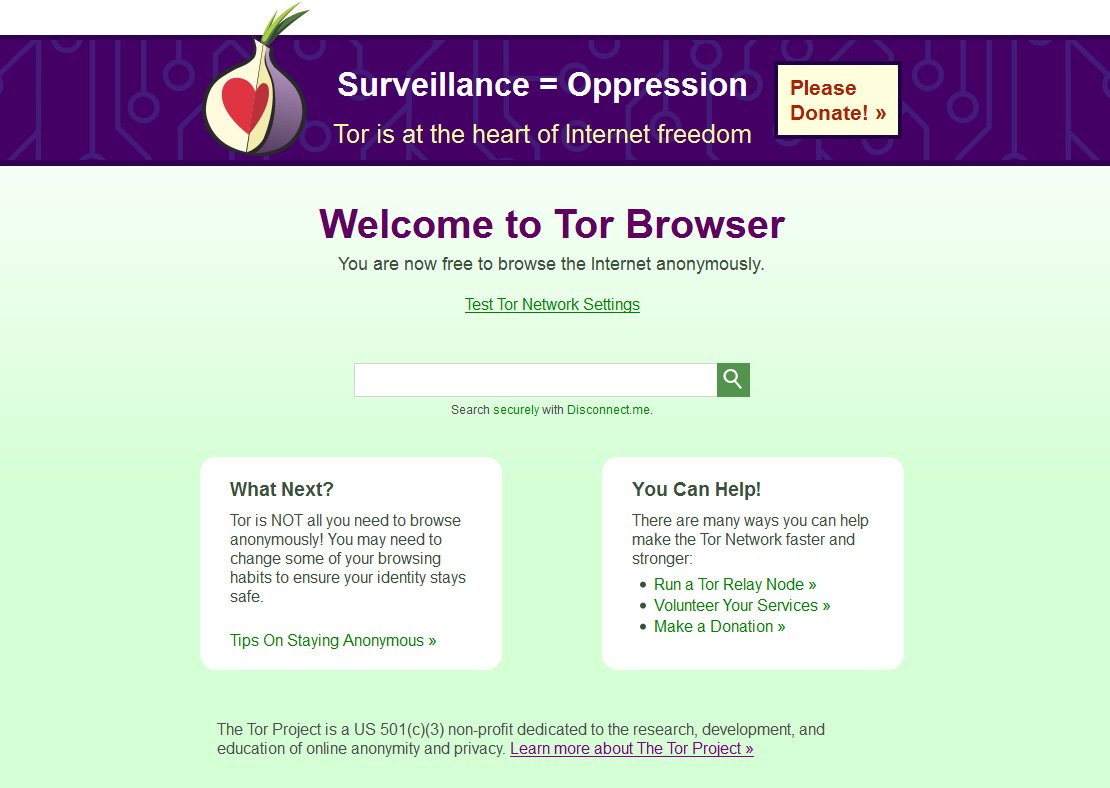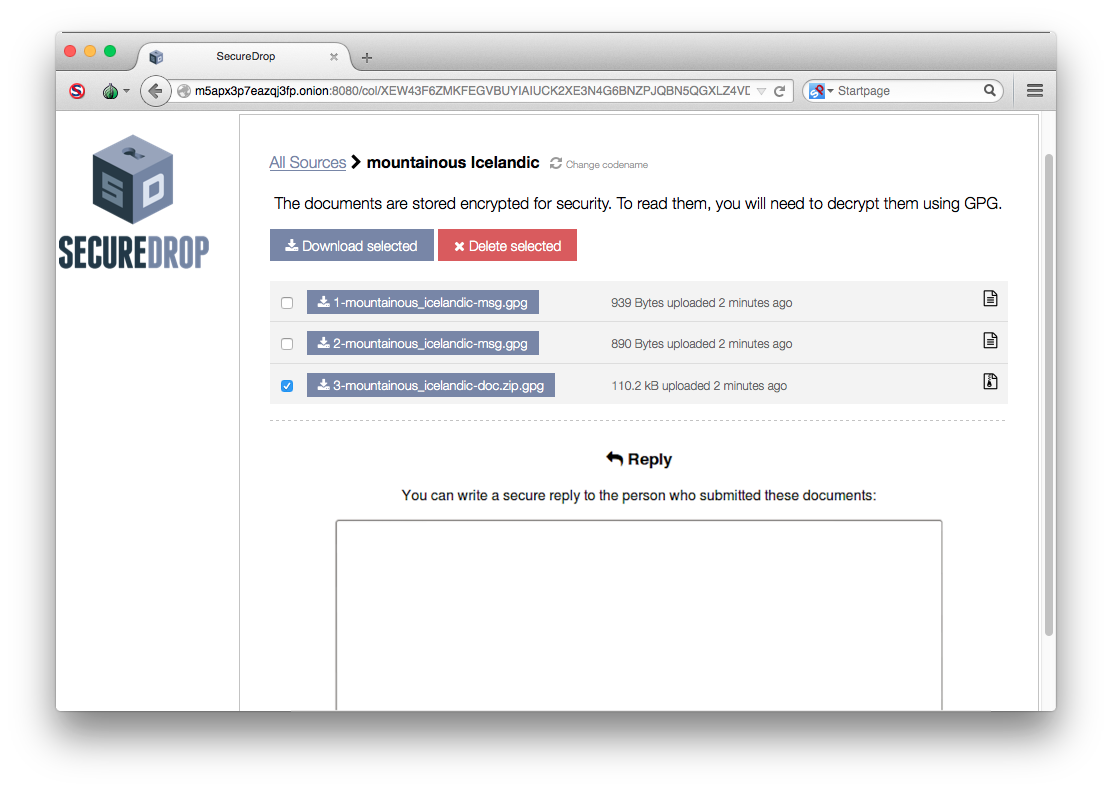
User interface of an anon vault with secure file upload feature
Understanding the Concept of Anon Vault
Anon vault is a digital system or encrypted online environment designed to allow anonymous file storage and communication. It protects the identity of users while enabling them to upload, store, and sometimes share content without disclosing personal information. These platforms are often used over private networks or encryption-based systems.
Anon vault is not a typical file storage system. Unlike traditional cloud services that ask for user identity, authentication, and device tracking, anon vault platforms prioritize user anonymity over convenience or interface features.
Purpose and Usage of Anon Vault
Anon vault is primarily used by individuals and groups seeking to protect their identity for security, activism, or privacy. Many users look to these platforms as a way to avoid surveillance, escape data tracking, and freely access or share information.

Common legitimate uses:
-
Protecting whistleblower files from exposure
-
Allowing journalists to communicate with anonymous sources
-
Helping activists organize securely in regions with censorship
-
Preserving confidential information without risking breach
Other uses may include:
-
Hosting controversial discussions without censorship
-
Accessing geo-blocked documents
-
Researching sensitive topics under privacy
Anon vault is useful for anyone seeking to communicate, transfer, or store files without leaving digital traces. The intent behind its use determines its ethical and legal implications.
How Anon Vault Functions
The functionality of an anon vault depends on its technical foundation. Most platforms rely on combinations of end-to-end encryption, decentralized file distribution, and privacy-focused networks like Tor.
Typical features include:
-
Encrypted file upload with no metadata trace
-
Anonymous link generation for downloads
-
Optional passphrase or token-based access
-
Hidden service access through onion links
Users interact with these vaults without registering, and most do not log IP addresses, cookies, or session data. This makes user tracking almost impossible unless the user discloses identifiable information themselves.

Legal Implications of Using Anon Vault
Using anon vault is not illegal by default. The technology is similar to encryption tools and privacy browsers. What matters legally is how the platform is used. If a user uploads or shares content that is unlawful in a given country, the act becomes punishable regardless of the anonymity offered by the system.
Authorities in some regions actively monitor networks known to support anon vaults. Users should understand that while encryption hides actions from third parties, it does not protect someone from legal consequences if wrongdoing is proven.
Advantages of Anon Vault
Anon vault offers significant advantages to those who require absolute privacy.
-
Keeps identity completely hidden from both server and viewers
-
Requires no account, which means no personal data collection
-
Reduces digital fingerprinting by avoiding cookies and trackers
-
Ideal for privacy-first communication and storage
These benefits have led to increased adoption by journalists, political activists, and privacy researchers who rely on data protection over convenience.
Risks and Disadvantages
There are important concerns associated with the use of anon vault. The same tools that protect human rights activists can also be misused.
Risks include:
-
Platforms may host harmful or illegal content
-
Not all anon vaults are secure; some may be honeypots
-
Using such services may invite scrutiny even if intentions are lawful
-
Loss of data without a recovery option due to anonymous architecture
Users should carefully assess the source and structure of the anon vault they use. Look for indicators such as open-source transparency, community feedback, and active moderation to judge reliability.
How to Use Anon Vault Safely
Security comes not just from the tool but from the user’s approach. Follow these steps to stay safe:
-
Use a reliable VPN to hide your network origin
-
Avoid uploading personal documents or traceable content
-
Do not open or download unknown files from vaults you did not create
-
Consider using Tor browser for additional network-layer privacy
-
Keep your encryption keys or access phrases secure and offline
It is also recommended to stay informed about local laws concerning encrypted communication and anonymous browsing.

Who Typically Uses Anon Vault
Anon vault attracts a range of users from different backgrounds:
-
Whistleblowers submitting confidential disclosures
-
Journalists receiving documents from sources
-
Privacy activists avoiding government surveillance
-
Researchers exploring restricted information in authoritarian regions
-
Technologists testing privacy protocols and digital security
The platform serves as a shield for digital freedoms when used with responsibility.
Popular Tools That Offer Similar Services
In addition to dedicated anon vaults, several privacy tools offer similar anonymous storage and communication capabilities.
-
SecureDrop for journalist-source communication
-
OnionShare for file transfer over Tor
-
CryptPad for anonymous document collaboration
-
Skiff for encrypted productivity and messaging
These alternatives may not offer the full anonymity of anon vault but still ensure data is not collected, shared, or misused.
Responsible Use and Final Thoughts
Anon vault provides a powerful option for private and secure interaction online. Its effectiveness depends on how and why it is used. Users must exercise ethical judgment and maintain legal awareness while using these platforms.
Before uploading or sharing anything through anon vault, consider the consequences and ensure it aligns with the laws of your country. Responsible use helps keep this technology valuable for freedom of expression and digital safety.
For ongoing digital privacy tips, technology insights, and cybersecurity guides, visit Magazines Break.
Frequently Asked Questions
What is anon vault?
Anon vault is a digital platform or tool that enables anonymous file storage and sharing without tracking user identity.
Is anon vault safe to use?
Yes, if used correctly. However, users must ensure the vault is legitimate and not hosting illegal content.
Can anon vault be used legally?
Yes, using encryption and privacy tools is legal in many countries. Illegality depends on content and intent.
Do I need to register to use anon vault?
No. Most anon vault platforms do not require user accounts or registration to maintain anonymity.
What are some legitimate reasons to use anon vault?
Legitimate uses include secure communication, whistleblowing, activism, and private data storage.
Can my activity on anon vault be tracked?
Proper anon vaults do not log user activity, but law enforcement may trace activity if metadata is leaked elsewhere.
How is anon vault different from cloud storage?
Cloud storage typically requires user data and authentication. Anon vault does not collect user information.
Does using anon vault raise legal risk?
It can if used to share illegal files or evade lawful investigation. Legal risks vary by country.
Is anon vault accessible via regular browsers?
Some are, but most work over Tor or privacy-based access points to avoid exposure.
Can I recover data lost from anon vault?
Not usually. Due to the anonymous nature, recovery is rarely possible without personal credentials.
If you enjoyed this, visit more trending articles on MagazinesBreak for unique tech and internet insights.




